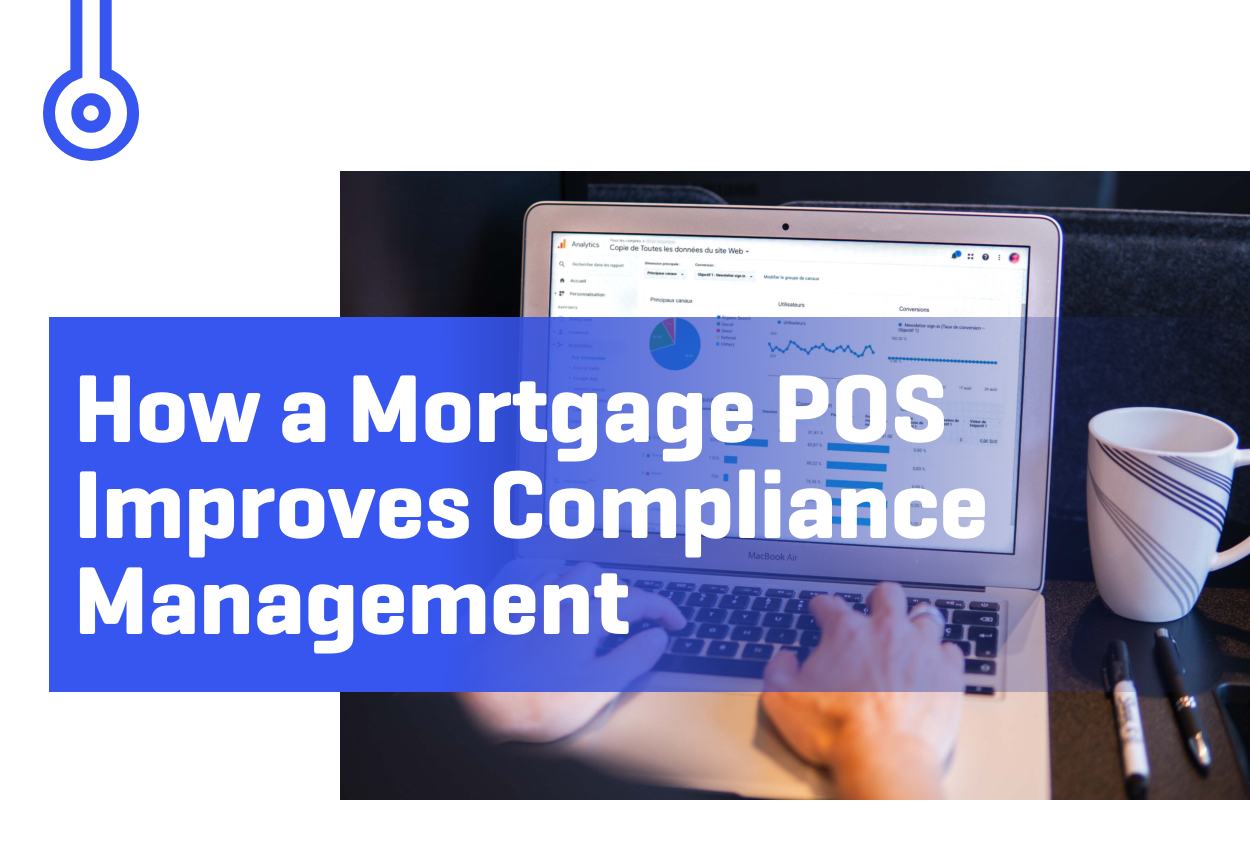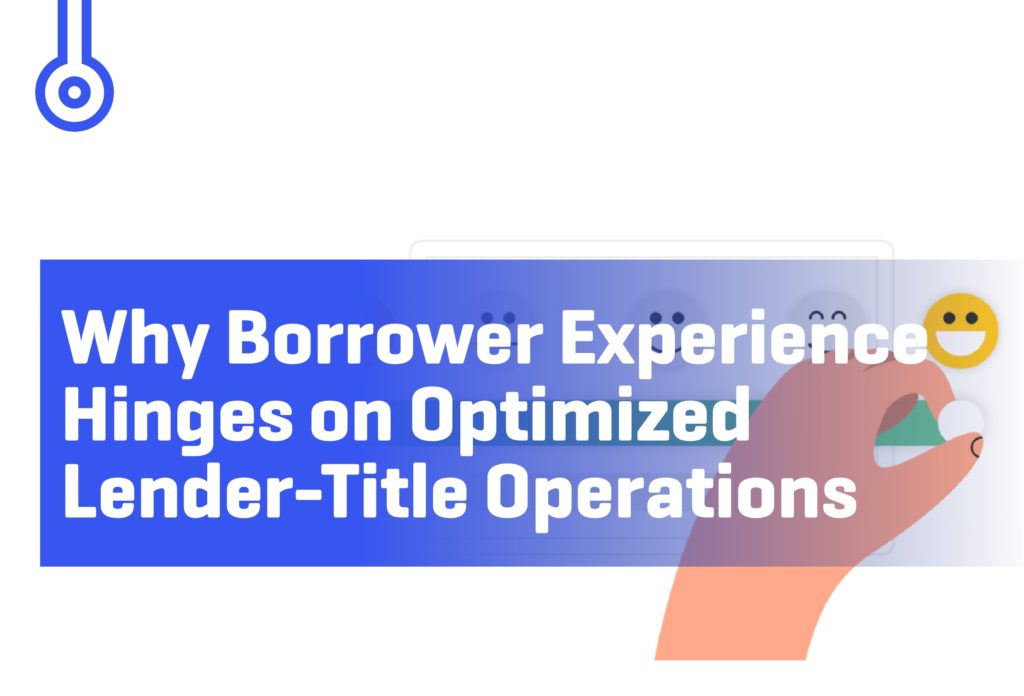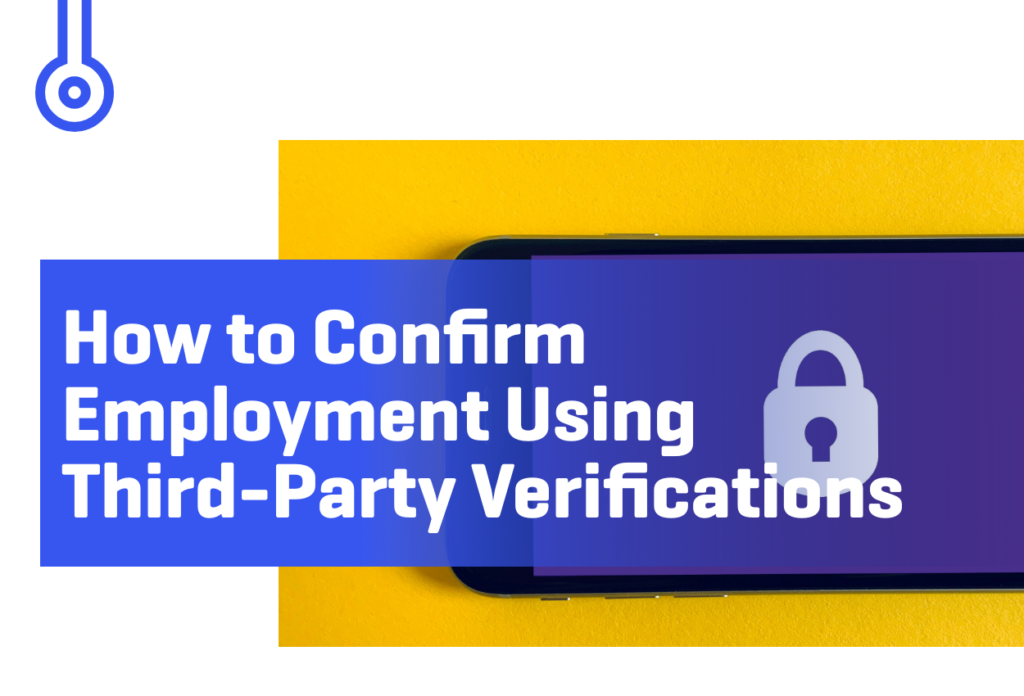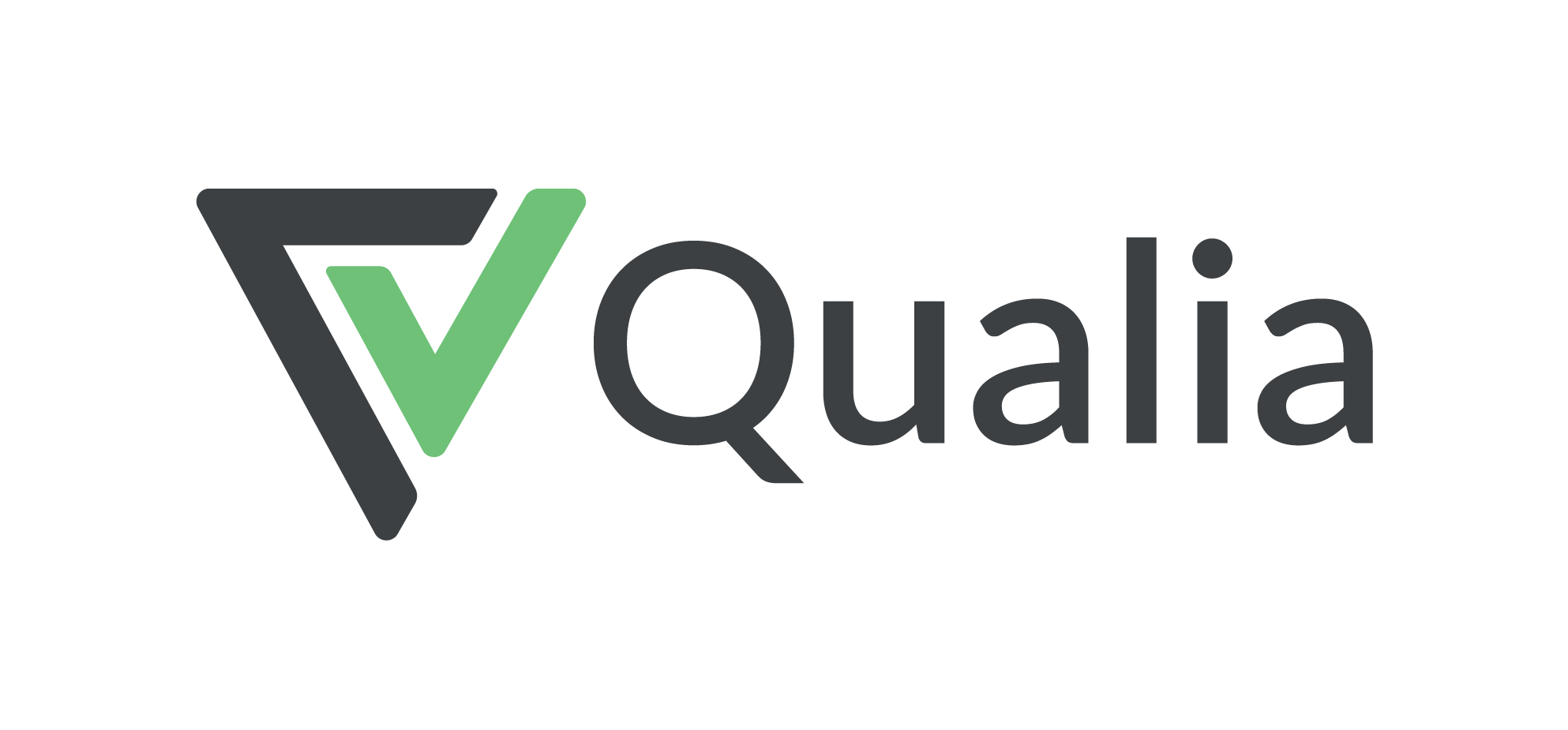The mortgage regulatory landscape is a continuous battle. BeSmartee is here to explain the ins and outs of compliance management and how a mortgage POS can help your business.
Compliance is always a top priority. As a mortgage lender, you need to make sure your business adheres to state and federal mortgage lending regulations as well as internal policies and procedures. Ensuring compliance helps your mortgage business prevent and discern violations of rules, protecting you from fines, penalties and lawsuits.
However, enforcing and maintaining compliance is costly, especially if your business is still relying on manual measures. Additionally, there’s an increased risk of errors and omissions due to potential human error. Regulatory change is also constant — making it nearly impossible to keep up with while using manual solutions.
And, what if your mortgage business is found to be in breach of regulations? It’s easier to prove that your business has the right risk mitigation measures in place with automated compliance solutions versus manual reliance.
Maintaining compliance is ongoing, and your mortgage business needs an automated system that provides consistency and accuracy while keeping up with internal, state and federal regulatory compliance. For mortgage lenders, an automated compliance solution can be achieved with a mortgage point-of-sale (POS) platform.
Mortgage POS Compliance Check #1: Data Privacy and Security
Data security is a big concern, especially for financial institutions. Hundreds of thousands (or even millions) of records can be stolen at once resulting in the loss of financial or personal customer data.
According to Accenture’s Ninth Annual Cost of Cybercrime research report, there’s been a 67% increase in security breaches over five years with the average cost of cybercrime ($13 million in 2018) increasing by 72%. Between 2019 and 2023, $5.2 trillion is projected to be at risk globally of direct and indirect cyberattacks.
With so much at stake, effective cybersecurity isn’t to be taken lightly. Data protection laws are constantly changing and companies are fined millions for failing to adequately protect sensitive records.
Several organizations govern and enforce consumer data protection laws including the SEC, Financial Industry Regulatory Authority, Inc. (FINRA) and Consumer Financial Protection Bureau (CFPB). Here are federal laws that mortgage lenders are required to follow to stay compliant:
Gramm-Leach Bliley Act
This is a federal law that requires financial institutions to ensure confidentiality and security of customer information.
FACTA Red Flags Rule
Financial institutions are required to implement red flags to detect and protect against identity theft. Businesses must have a written identity theft prevention program to protect their consumers.
U.S. Securities and Exchange Commission (SEC) Regulation S-P
Under SEC Regulation S-P, firms are required to have policies and procedures that address the protection of customer information and records. This includes protecting against anticipated threats to the security or integrity of customer records and unauthorized access to or use of customer information. Firms must also provide initial and annual privacy notices to customers describing information sharing and informing customers of their rights.










